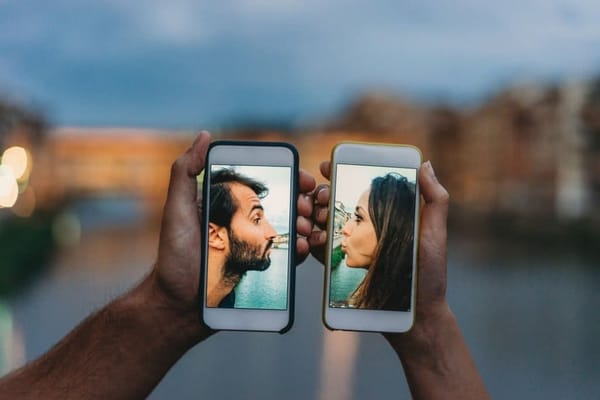Understanding Screen Fatigue: Why Your Brain Needs a Break

We live in a world where screens dominate our attention—phones, computers, tablets, and TVs. While technology connects us, it also strains us. Prolonged screen use can lead to cognitive overload, eye strain, headaches, irritability, and disrupted sleep cycles. This phenomenon is often referred to as screen fatigue or digital exhaustion.
Why it happens:
- Constant notifications trigger the stress hormone cortisol.
- Blue light exposure interferes with melatonin production, affecting sleep.
- Multitasking between multiple devices reduces focus and increases mental fatigue.
Signs to watch for:
- Tired or dry eyes, frequent headaches.
- Irritability, frustration, or feeling “foggy” mentally.
- Difficulty falling asleep or staying asleep.
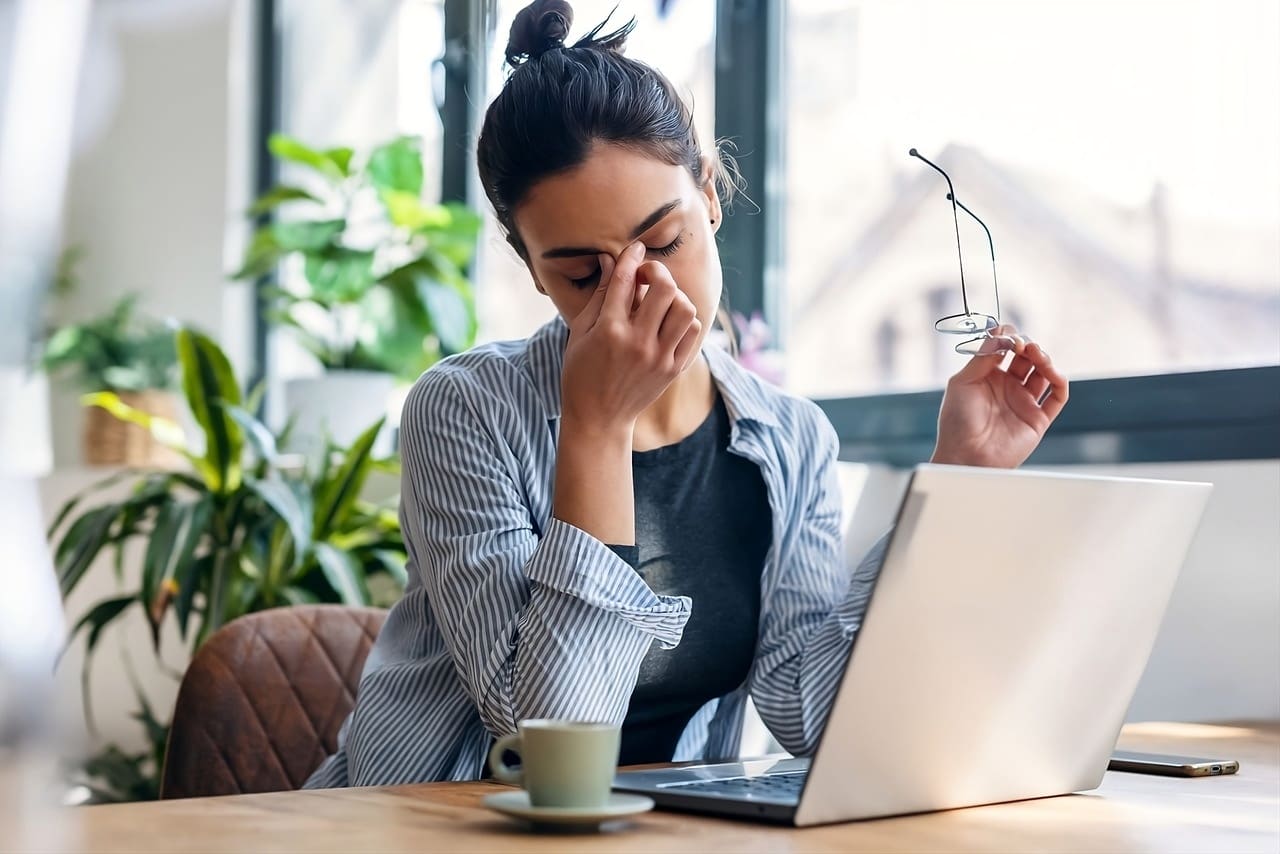
Practical Screen Breaks: Small Steps to Big Benefits
You don’t need a full weekend offline to feel the difference—micro-breaks are surprisingly effective.
Tips for implementing breaks:
- 5–10 minute breaks every hour: Step away from your desk, stretch, or look outside.
- Stretching or mini-yoga: Even simple shoulder rolls or neck stretches reduce tension.
- Change the environment: Step outside for sunlight exposure; it resets your circadian rhythm.
Quick alternative mini-break activities:
- Short walk with no phone.
- Journaling or doodling.
- Mindful breathing or meditation exercises.
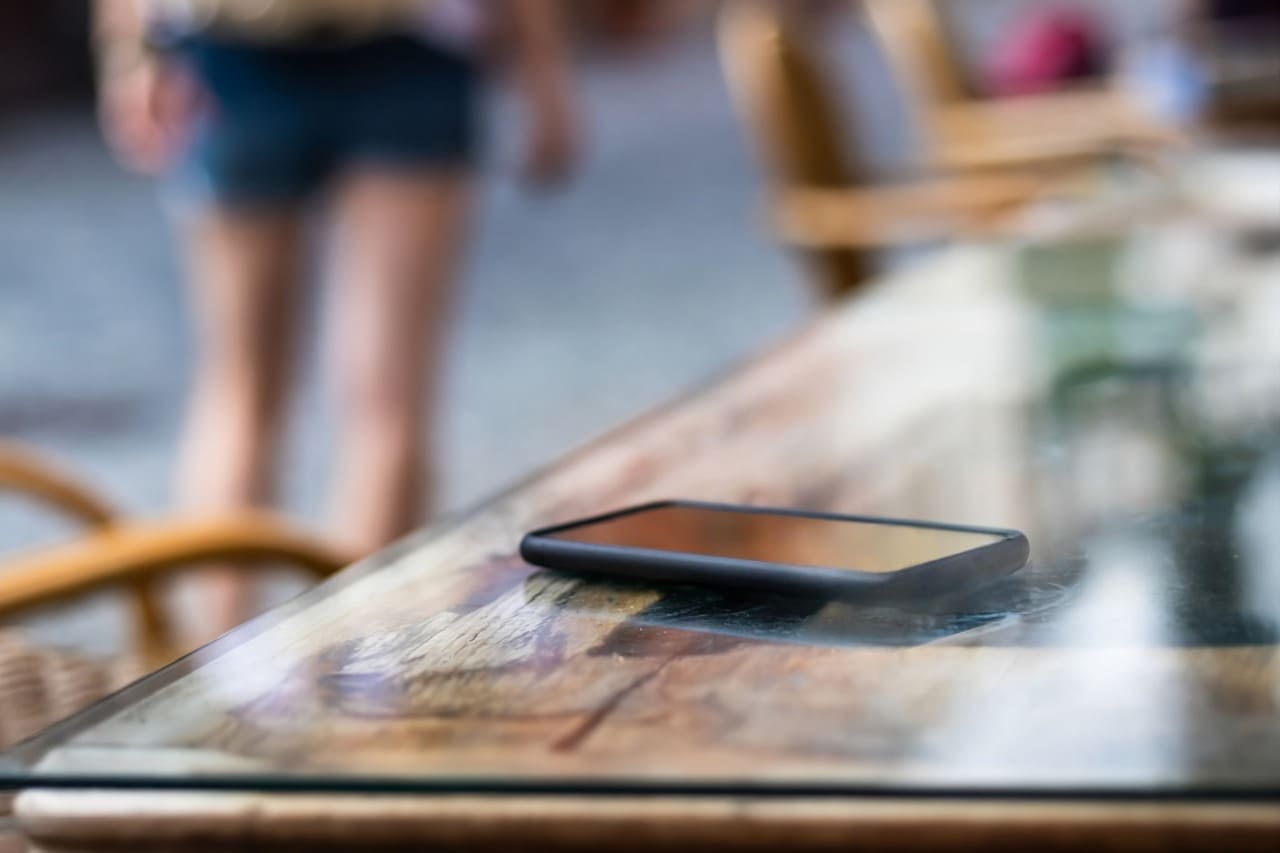
Digital Detox Challenge: 1-Day or Weekend Screen-Free Plan
For beginners, a structured screen-free plan helps transition smoothly:
Step-by-step mini-detox:
- Morning: No phone for the first hour; read a physical book or do light exercise.
- Afternoon: Replace one screen-heavy activity with an outdoor walk or hobby.
- Evening: Dim lights 1 hour before bed; avoid screens to improve sleep quality.
Alternative ideas:
- “Tech-free meal”: Turn off devices during lunch or dinner.
- Social detox: Engage in face-to-face conversations or board games.
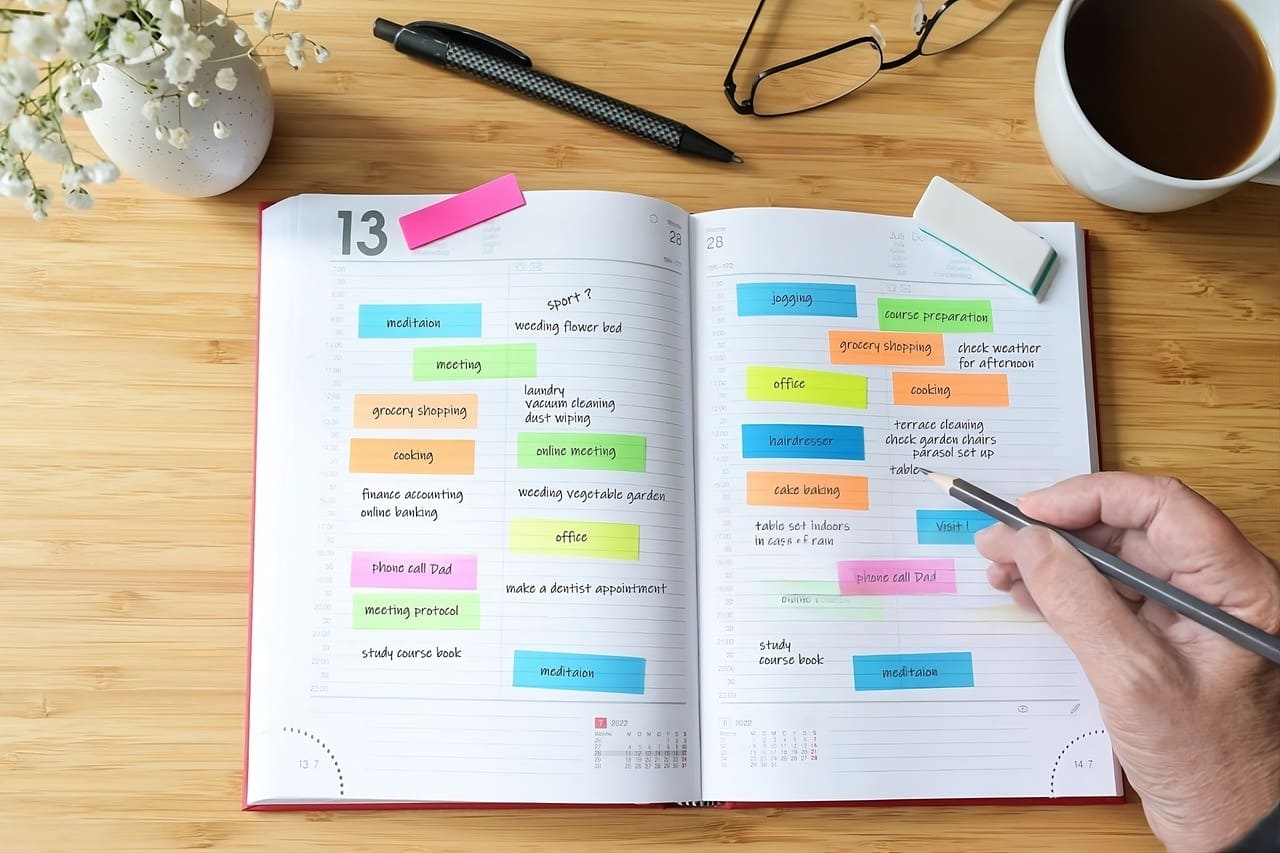
Mindful Tech Use: Setting Boundaries Without Feeling Left Out
Completely avoiding screens may feel impossible, but setting boundaries can help you use technology intentionally.
Tips for mindful use:
- Turn off unnecessary notifications to reduce constant interruptions.
- Schedule social media time rather than scrolling mindlessly.
- Use apps to track and limit screen time automatically.
- Keep devices out of the bedroom to improve sleep.
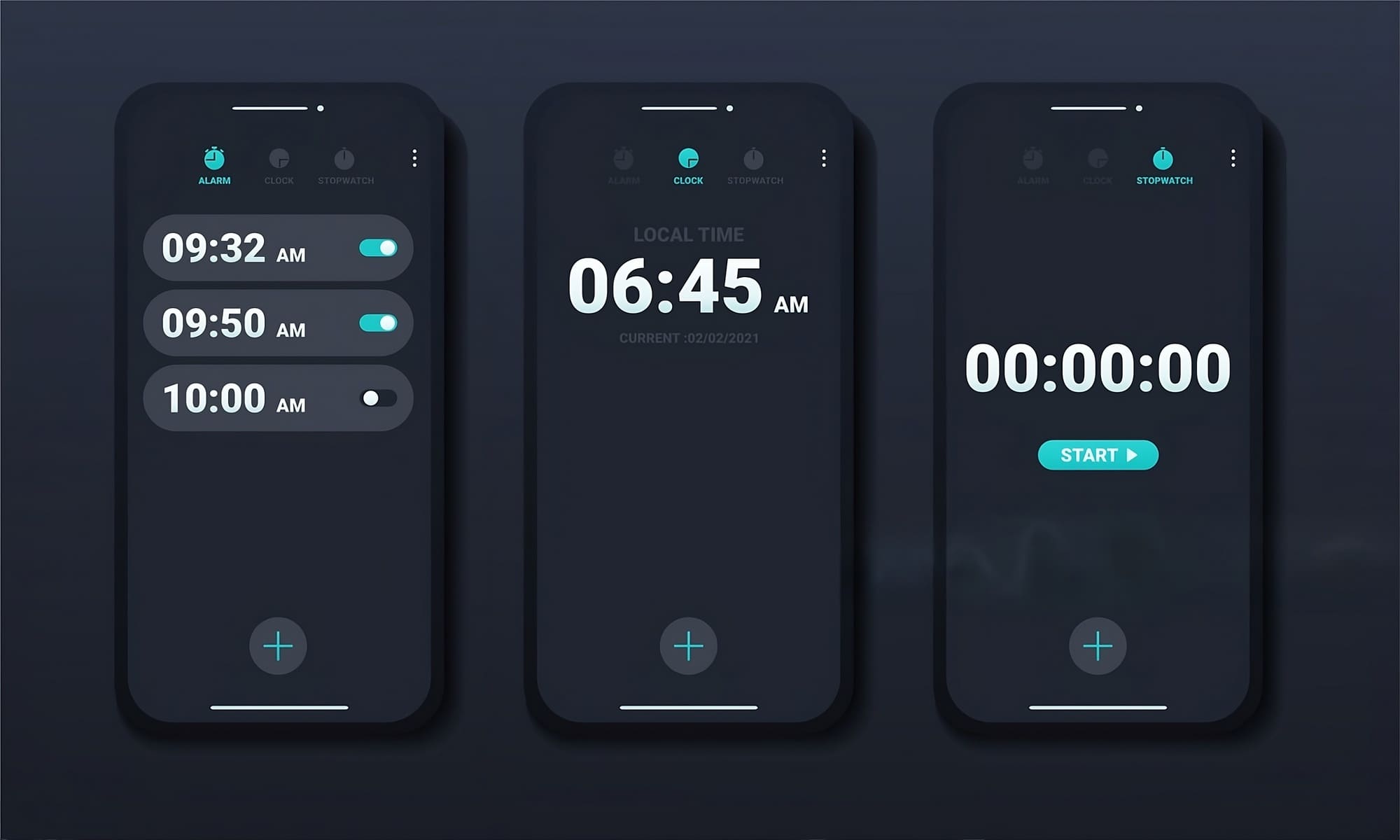
Amanda’s Voice Block: Real-Life Tips from the Nursing Floor
I often noticed colleagues and patients struggling with digital overload. One patient couldn’t sleep and complained of persistent headaches. I started recommending small, tangible changes—like taking 10-minute breaks every hour, keeping phones away during meals, and doing breathing exercises before bedtime. Personally, I found blue light filters, magnesium supplements for stress, and chamomile tea in the evening made a huge difference. Simple steps like these can completely change how your body and mind feel after a long day.
Daily Wellness Quest 🏅: Your Screen-Free Challenge
Let’s make detox interactive! Try these small daily challenges:
- No phone 30 min before bed – replace it with reading or journaling.
- Take a 1-hour walk outside – leave all devices behind.
- Digital-free meal – enjoy your food without notifications.
- 1 micro-break every hour – stand, stretch, or meditate.
- Screen-free Sunday morning – use this time for reflection or hobbies.


